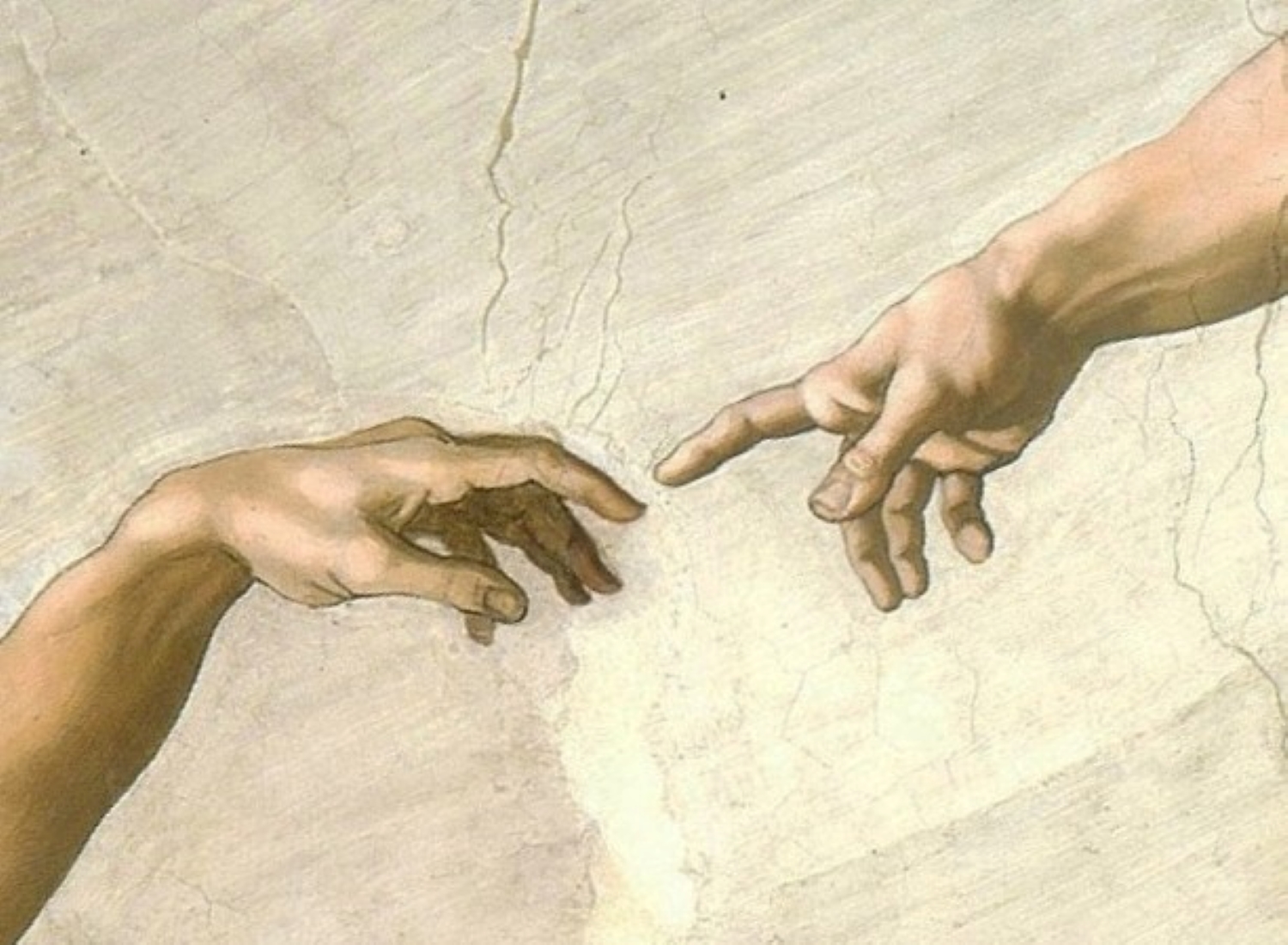
Only time for a quick post today, again, ironically about a fundamental theological issue. What is the essential difference between science and religion, between a way of thinking and a way of not thinking but merely conforming to community traditions, or “believing’ whatever makes you feel good? (In a deep sense this difference, or conflict, comes from not asking the right questions. But that’s a subject for another time.)
The theological quandary today is from a writer who wrote a book called Faith vs. Fact: Why Science and Religion Are Incompatible (which I’ve read twice and have detailed notes on, though still not summarized on this blog). The reasons for the claims of that title are obvious to rational people (like scientists, science fiction writers, and science fiction readers, mostly); but most people are not truly rational, they’re saturated in cultures that subscribe to beliefs that are traditional but not rational or reasonable yet which bind them together, wherein it would be impolitic to challenge in order to safely remain in such cultures.
Jerry Coyne, 21 Jan 2023: I answer an ambiguous question: “Can scientists believe in God?
Before reading, my response: Yes, if only because some people who are apparently scientists claim to believe in god. But can they do so reasonably? Or are they employing cognitive dissonance to believe two counteractive ideas at the same time? Perhaps in different contexts?
Coyne, faced with the question “Do scientists believe in God?”, discusses how he approached answering, beginning with the same point.
[The common] misconception is that science and religion must be compatible because there are religious scientists (and science-friendly believers). If you construe the question literally, then of course the answer is “Yes: lots of scientists are religious.” But that, to me, fails to demonstrate that science and religion are compatible—only that someone can believe in two incompatible “ways of knowing” at the same time.
He directs readers to his full response at the site sciglam. But then he quotes himself on the essential point.
The fact that science can find truth but religion can’t is shown by the remarkable progress made by science in 300 years, while no progress has been made in theology. If there is a God, we know no more about Him than did St. Augustine.
Furthermore, there are hundreds of different religions, all making claims about what’s true, and yet many of the claims are incompatible (eg, “Was Jesus the son of God, or only a prophet?”). There’s no way to decide among these claims, since religion has no way to test them.
And then, in this post, Coyne quibblingly corrects himself by noting that Augustine lived 1500 years ago. And concludes his post,
But the important point is that theology is pretty much a useless enterprise, as its sweating practitioners, who actually get paid to make stuff up, have brought us no closer to understanding God or His ways—or even, of course, if God exists. Their job is simply to continuously re-interpret religious scripture and dogma so it adheres with the going morality. Theology is different from straight Biblical scholarship, which can tell us stuff about how the Bible or other scriptures came to be written and what their antecedents were. Biblical scholarship is useful as a form of historical inquiry and literary exegesis, while theology is a remnant of our childhood as a species, a vestigial belief that’s the mental equivalent of adults holding blankets and sucking their thumbs.
I’m fascinated by Biblical, and other religious, scholarship, but have no interest in theology, per Coyne’s reasons. Theology is why your priest can explain anything away, via selected Bible verses. Scholarship is how all those contradictory Bible versus got written and gathered (to the exclusion of other verses, and books) in the first place.





